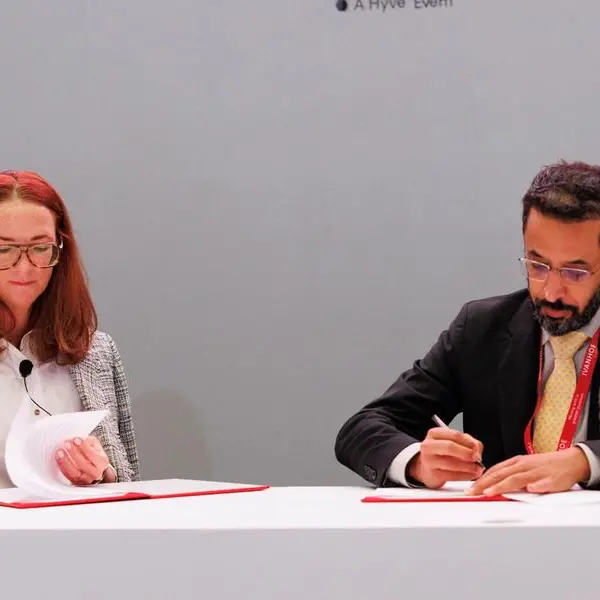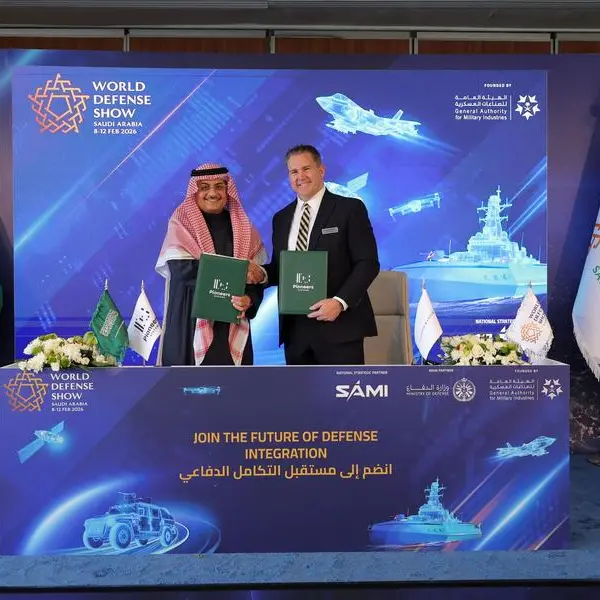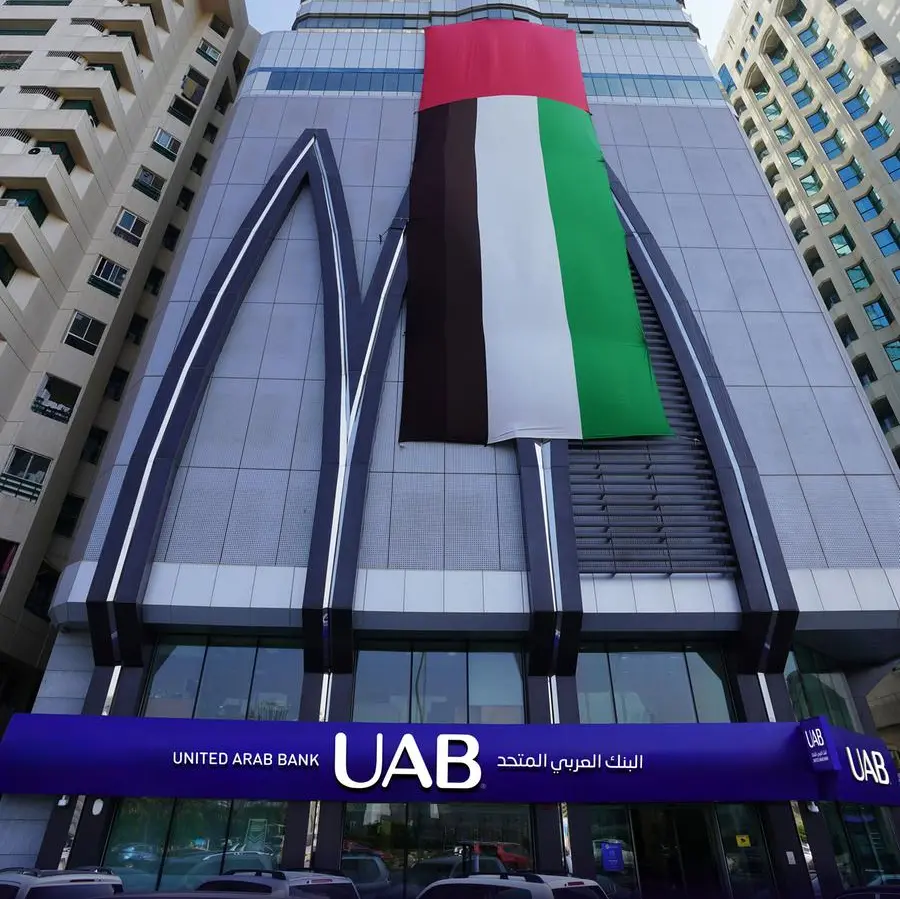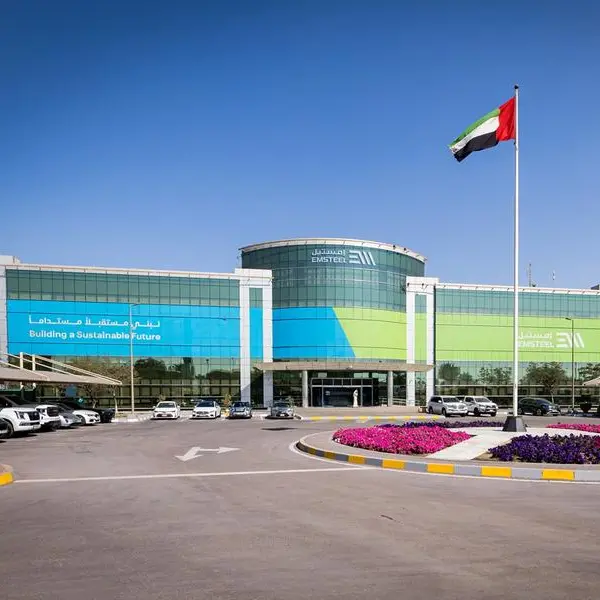PHOTO
- Northern Emirates utilities provider and global technology company strengthen ties, collaborating on innovative roadmap that leverages Business AI to enhance services and support sustainable development
DUBAI, UAE — Etihad Water and Electricity (EtihadWE) today announced the successful completion of the first phase of its digital transformation powered by global technology company SAP SE. The move signals the start of a new chapter of increased collaboration between the long-standing partners to foster AI-driven solutions capable of enhancing utility services and addressing climate change in support of the UAE’s Net Zero 2050 Strategy.
The announcement was made jointly by the two entities during the Water, Energy, Technology and Environment Exhibition (WETEX), organised annually by Dubai Electricity and Water Authority (DEWA), with EtihadWE a Titanium, and SAP a Strategic sponsor of the event.
As the leading public utility provider responsible for supplying electricity and water across Ras Al Khaimah, Fujairah, Umm Al Quwain, Ajman, in addition to Dhaid in Sharjah, EtihadWE is working with SAP to develop a long-term roadmap that will enhance customer experience, increase operational efficiencies and promote sustainability goals. The completion of the first phase is a project milestone, which included the migration of EtihadWE’s core business functions to the cloud.
Yousif Ahmed Al Ali, CEO of EtihadWE, commented, “EtihadWE is committed to diversifying our operations and supporting the UAE’s vision for a sustainable future and its “Zero Government Bureaucracy Programme,” while ensuring we deliver the best possible services to our customers in the Northern Emirates. Leveraging Business AI will help us to achieve these goals, and completing this first phase of our digital transformation was foundational for our success. We worked closely with SAP to create a technological infrastructure that is scalable and flexible to support our growth, and which delivers a broad range of real-time data and visibility over operations, enabling us to respond quickly to opportunities. It was also important to enhance our employees’ experience, and the SAP SuccessFactors solution aims to ensure a motivated, engaged staff to serve our customers.”
Thomas Spannring, Chief Financial Officer and in charge of IT functions at EtihadWE, added, “The financial and technological aspects of this transformation are deeply interconnected. By upgrading our IT infrastructure, we’ve not only streamlined operations but also achieved significant cost efficiencies that bolster our financial health and strategic investment capabilities. This positions us well to continue investing in innovation and to meet our sustainability and operational efficiency goals.”
EtihadWE is an early adopter of SAP cloud within the utilities sector, and the migration was completed in just nine months through RISE with SAP, a subscription managed by SAP that includes automatic upgrades to the latest technologies. The implementation included SAP S/4HANA, an AI-enabled cloud enterprise resource planning (ERP) solution that delivers powerful data insights to drive decision making, automates business processes, and increases efficiencies and visibility over operations. EtihadWE also implemented industry-specific modules such as Utilities Industry Solution, alongside the HR, finance and procurement modules.
Marwan Zeineddine, Managing Director of SAP UAE, commented, “SAP was selected for this project as it is a pioneer in developing Business AI solutions that are relevant, reliable and responsible, and we have deep expertise in global best practices within the utilities sector The swift and efficient deployment demonstrates that EtihadWE is committed to providing world-class electricity and water services capable of meeting growing demand for resources in a way that can support sustainable development. Our ongoing collaboration underscores SAP’s view that partnerships between government, private, and social sectors are paramount in catalysing a positive shift in business to make progress on the UN Sustainable Development Goals.”




















